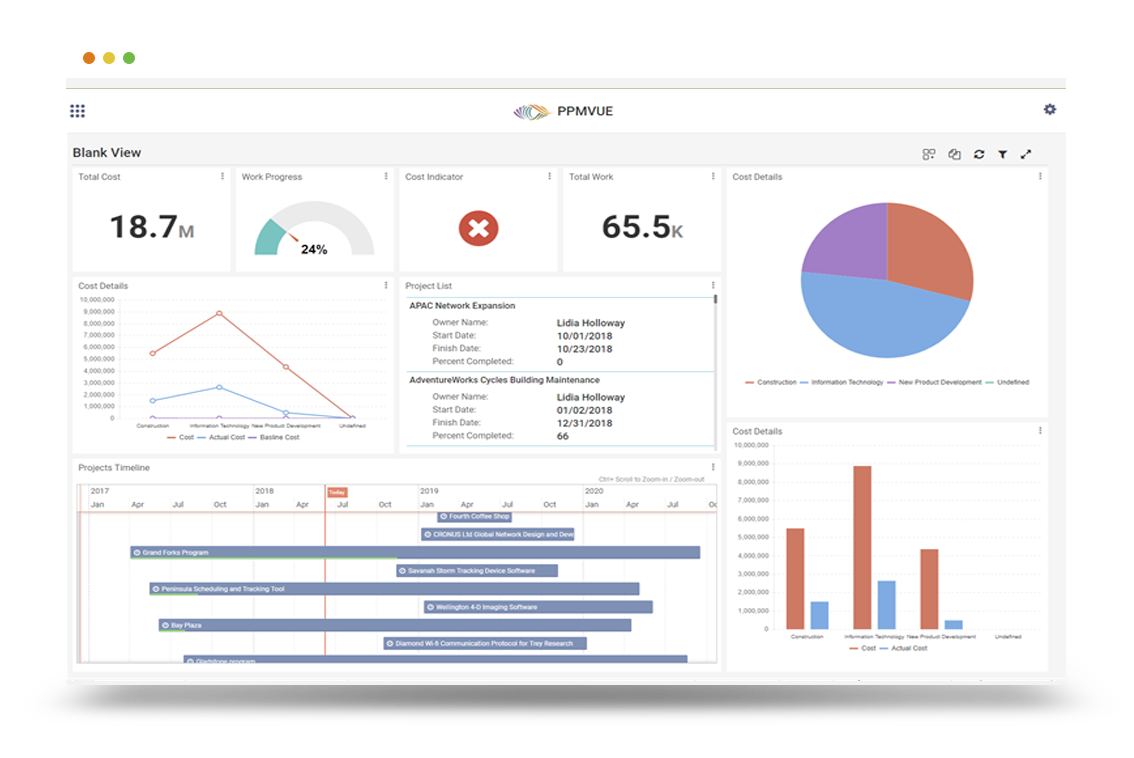These past couple of weeks I have been helping a Ship Construction Company here in Houston, Texas with their schedules. Their biggest concern is the amount of inefficiencies in their ship building process, so they were analyzing each task and simply estimating the duration for each one. By doing so, they were spiraling into the theory of, “the yard is controlling us, we are not controlling the yard.”
This got me thinking about how people truly estimate ‘stuff.’ When Project Managers estimate ‘effort’ for tasks they typically estimate the duration, however, in doing so they usually have an idea of the Resource(s) needed to perform the tasks, for example:
“To lay the foundation for the house it will take us about two days.” The Project Manager has subconsciously already made the calculation in their head that if they want to get this done in two days it will take four people (us) to complete the task.
Another example of estimating ‘stuff’ would be:
“To Paint the room, it is going to take John about 4 days”. The Project Manager is again taking into consideration the number of resources to complete the task.
There are some drawbacks to estimating duration in this way though:
In construction and other labor intensive projects there is usually a culture within organizations (driven from the project team) to where they know how long a ‘construction’ project will take e.g:
‘’This house will take us 3 months”; “The hull of the ship will take 7 weeks”
Given the examples above, you can be fairly confident that unless something goes horribly wrong the estimates should be pretty accurate and as far as most people are concerned this is a healthy project; it finished on time and on budget. But did we…..?
In my experience, if you ask a team how long something will take, their estimates will often be inflated for them to work at a casual pace. However, when the pressure is on, the stakes are high, and deadlines are stringent, project teams are much more likely to meet tight deadlines. I believe that this is because they have the end result in the back of their mind, and they know that the schedule is not inflated enough for them to have a coffee break every 30 minutes so they work much more efficiently.

So what’s my point?
When you ask someone to get a task done within 5 days they will often get it completed within the time you give them. However, if they were asked to produce the exact same thing within four days would they have meet the 4 day deadline? In my experience the answer is yes 8 times out of 10.
My suggestion is this:
As opposed to considering just the duration of a task, consider the total number of work hours that is involved in each task in addition to the duration. Be as optimistic as you can. If you use a tool such as Microsoft Project, you can then assign resources to tasks using the ‘Effort Driven’ option. When using this method Project will calculate the duration for each task based on the number of resources and the percentage of their typical working day that they are working on a particular task.
By estimating work hours for tasks you can get an accurate forecast of how much things may cost. Once you see the figures that are potentially inflated you can analyze each task, perhaps talk to the team members to gain an understanding of what truly takes place, and wherever possible, reduce the work hours for the task. This will in turn reduce costs within the project. Also, if you use timesheets to capture actual work performed, you will get an even more accurate picture. Project Server timesheets will actually dynamically update your project schedule so you can better see what your resources are doing and how it effects your schedule.
I hope this solution has helped you as much as I plan for it to help one of our clients.
Interested in how EPMA can help you with your project schedules? Contact us today at 1.888.444.EPMA or [email protected].
Thanks for watching! Please feel free to leave comments below or check out our other blogs on Microsoft Project, Project Server, SharePoint and Project Management Methodology.

